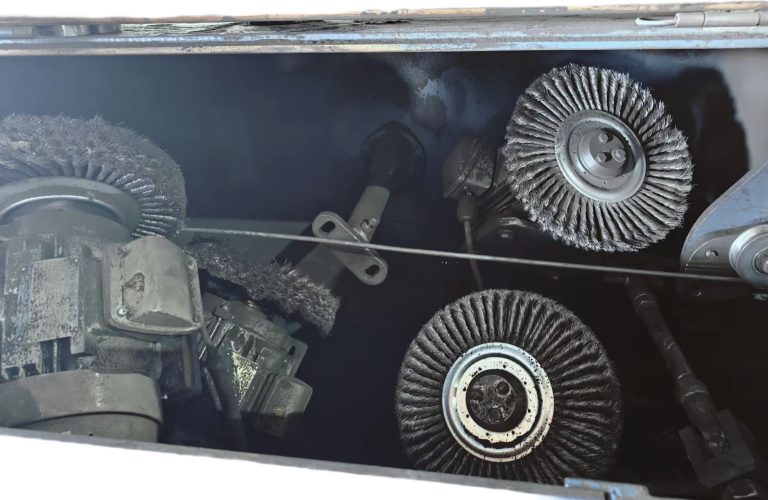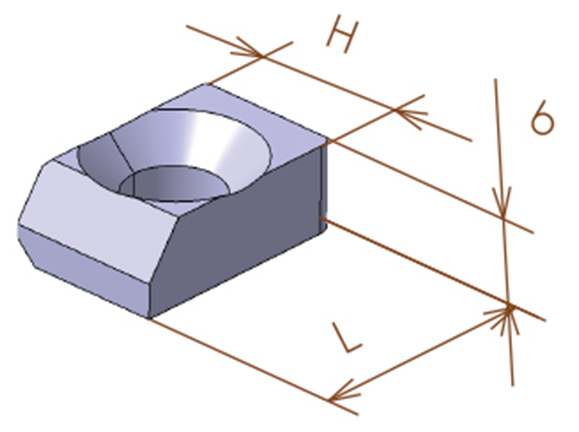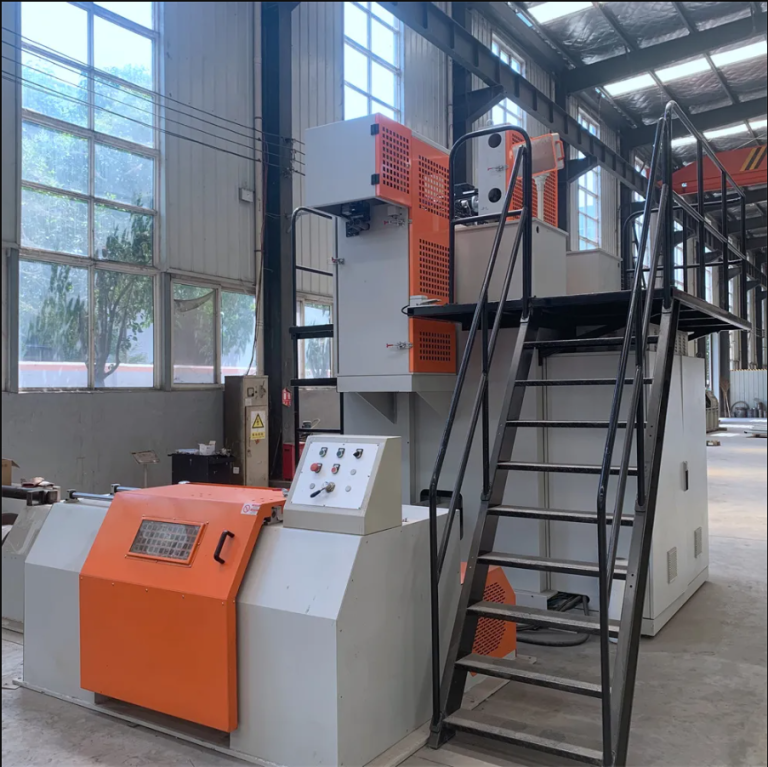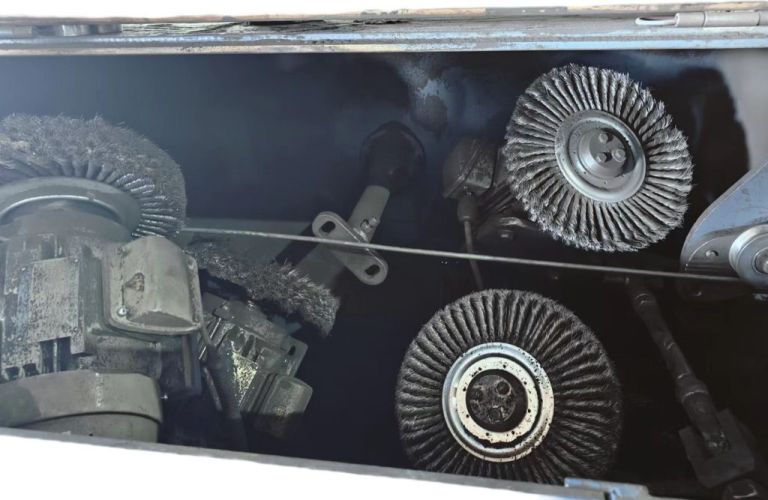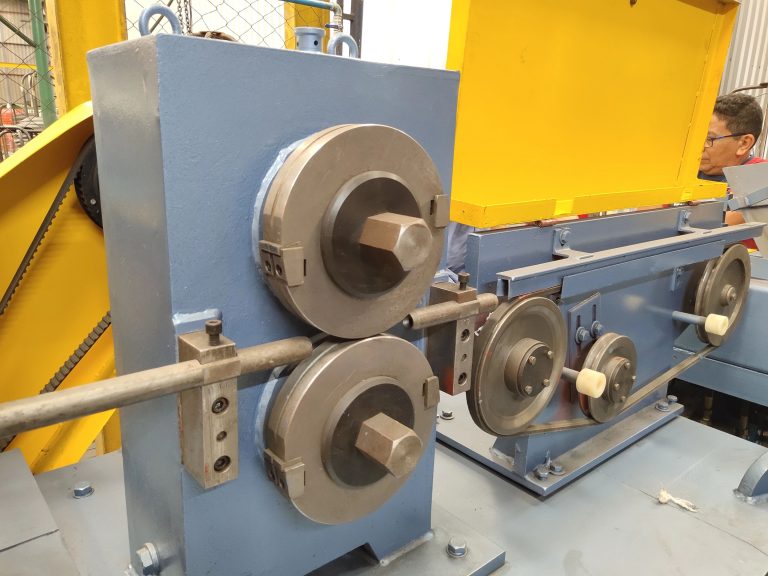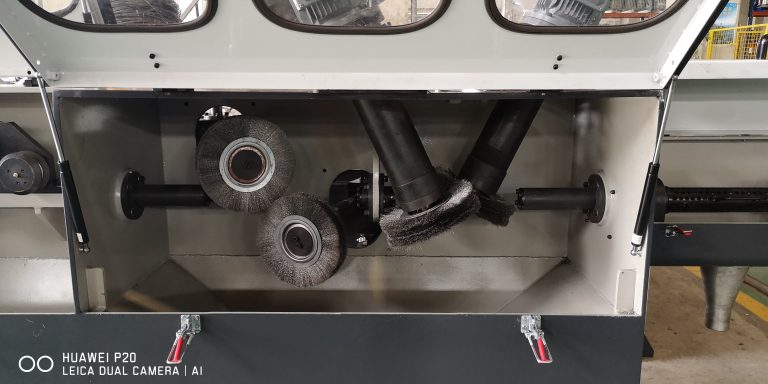Understand of Winding Machine For Industrial Applications
In the world of industrial manufacturing, efficiency and precision are key factors in ensuring the success of a business. One tool that has become indispensable in many industries is the winding machine. This piece of equipment is used to wind materials such as wire, cable, rope, or even textiles onto a spool or bobbin in a controlled and consistent manner. The benefits of using a winding machine in industrial applications are numerous and can greatly improve the overall productivity and quality of the manufacturing process.
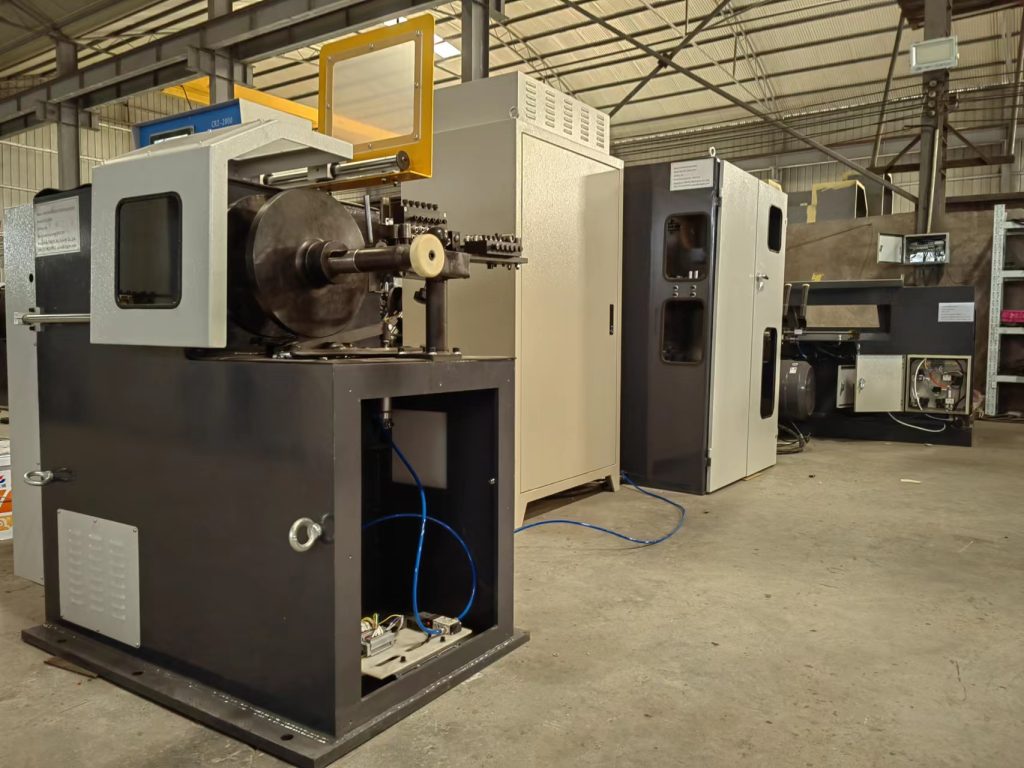
One of the primary benefits of using a winding machine is the ability to increase production efficiency. By automating the winding process, companies can significantly reduce the time and labor required to wind materials onto spools or bobbins. This not only speeds up the manufacturing process but also allows for greater output in a shorter amount of time. Additionally, the consistent and precise winding achieved by a machine ensures that each spool or bobbin is wound to the exact specifications required, reducing waste and improving overall product quality.
Another key benefit of using a winding machine is the ability to customize the winding process to meet specific requirements. Many winding machines are equipped with programmable controls that allow operators to adjust parameters such as winding speed, tension, and layering patterns to achieve the desired results. This level of customization is particularly important in industries where different materials or winding configurations are required for different products. By using a winding machine, companies can easily switch between winding configurations without the need for manual adjustments, saving time and reducing the risk of errors.
In addition to improving efficiency and customization, winding machines also offer a number of safety benefits in industrial applications. Manual winding processes can be labor-intensive and repetitive, leading to an increased risk of injury or strain for workers. By automating the winding process, companies can reduce the physical strain on employees and create a safer working environment. Additionally, many winding machines are equipped with safety features such as emergency stop buttons and protective guards to further minimize the risk of accidents.
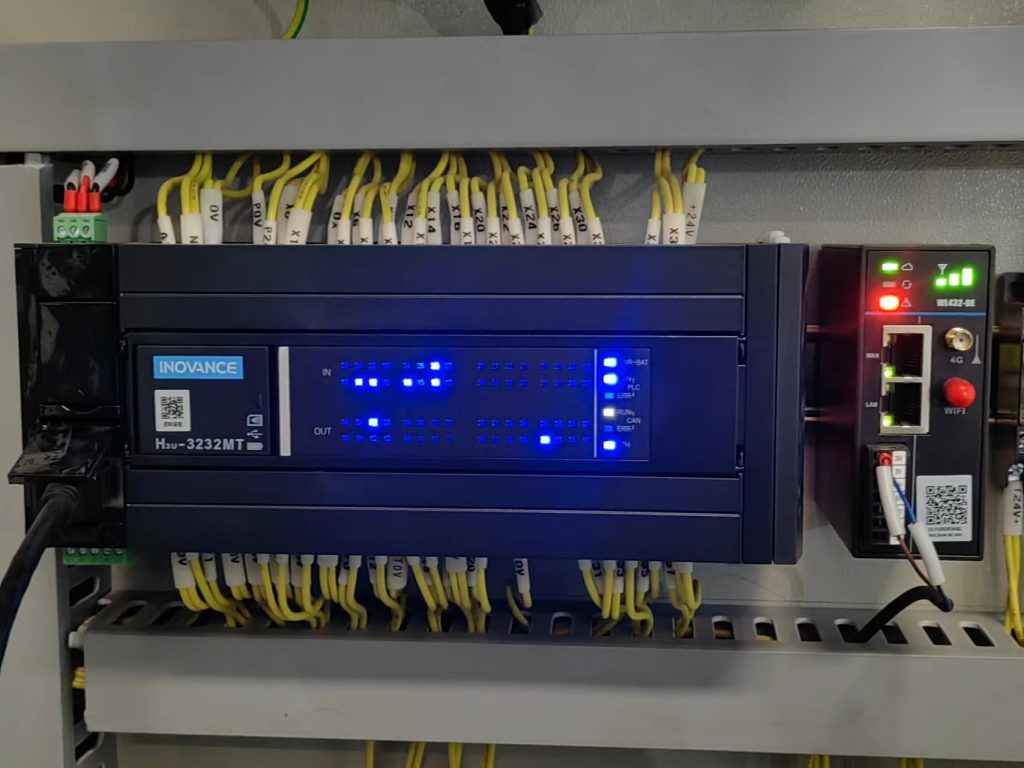
Furthermore, using a winding machine can also help companies reduce material waste and costs. The precise control and consistency achieved by a machine ensure that materials are wound onto spools or bobbins in the most efficient manner possible, minimizing waste and maximizing the use of raw materials. This not only reduces costs associated with material waste but also helps companies maintain a more sustainable and environmentally friendly manufacturing process.
Overall, the benefits of using a winding machine in industrial applications are clear. From increasing production efficiency and customization to improving safety and reducing material waste, these machines offer a wide range of advantages that can greatly enhance the manufacturing process. By investing in a quality winding machine, companies can streamline their operations, improve product quality, and ultimately achieve greater success in today’s competitive industrial landscape.

